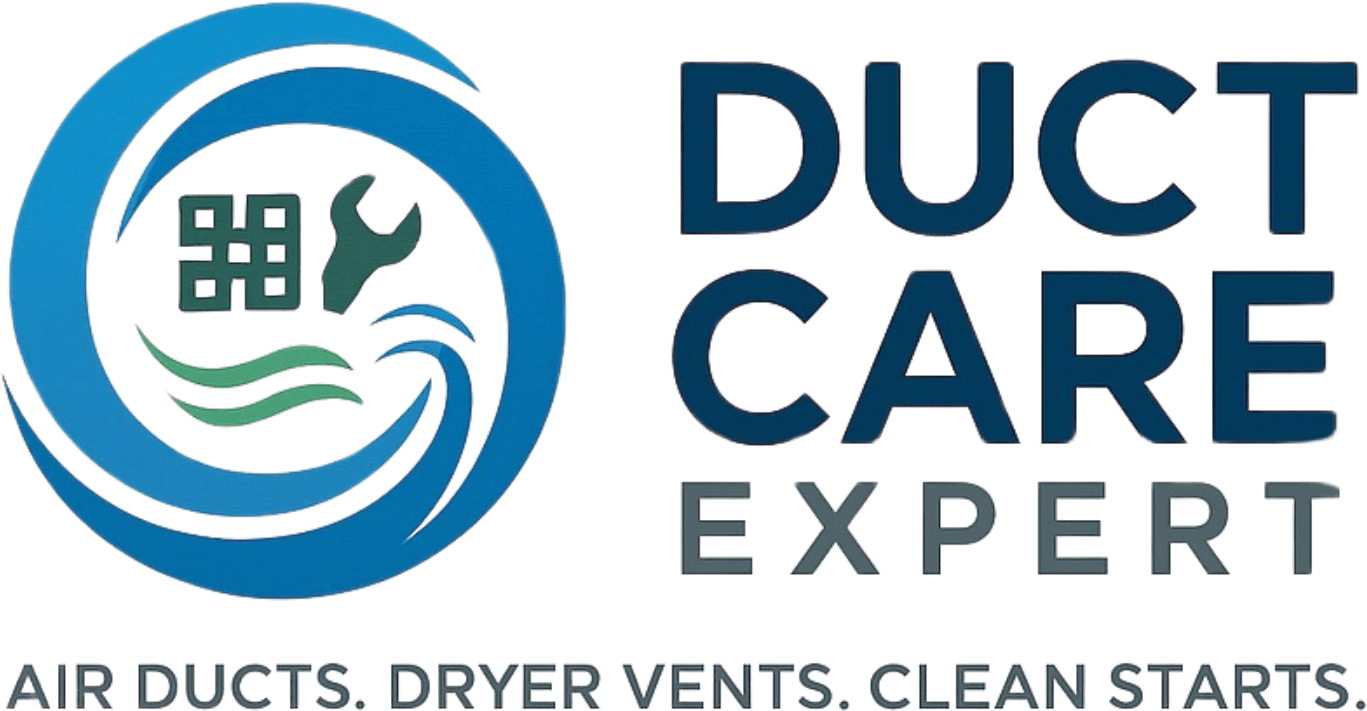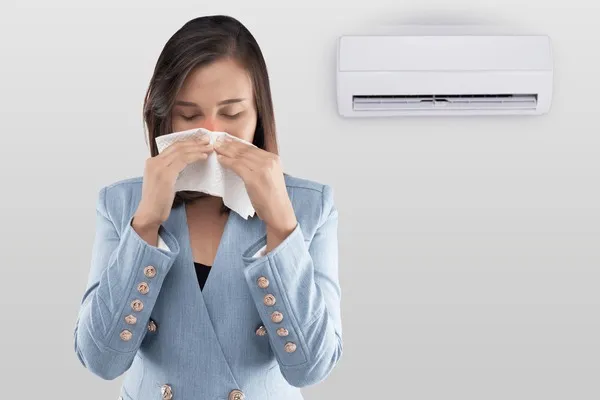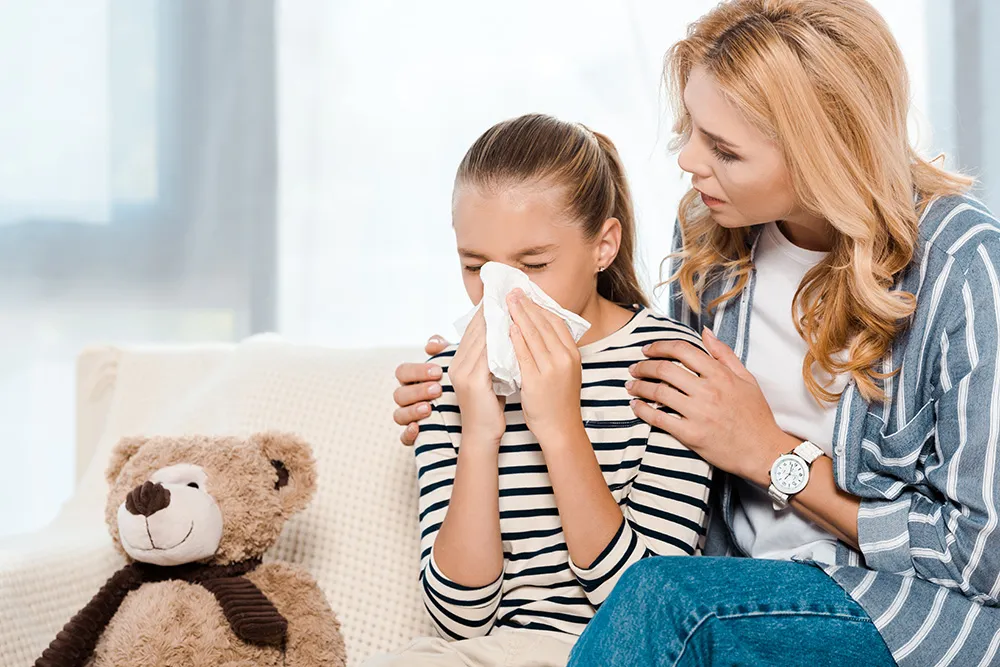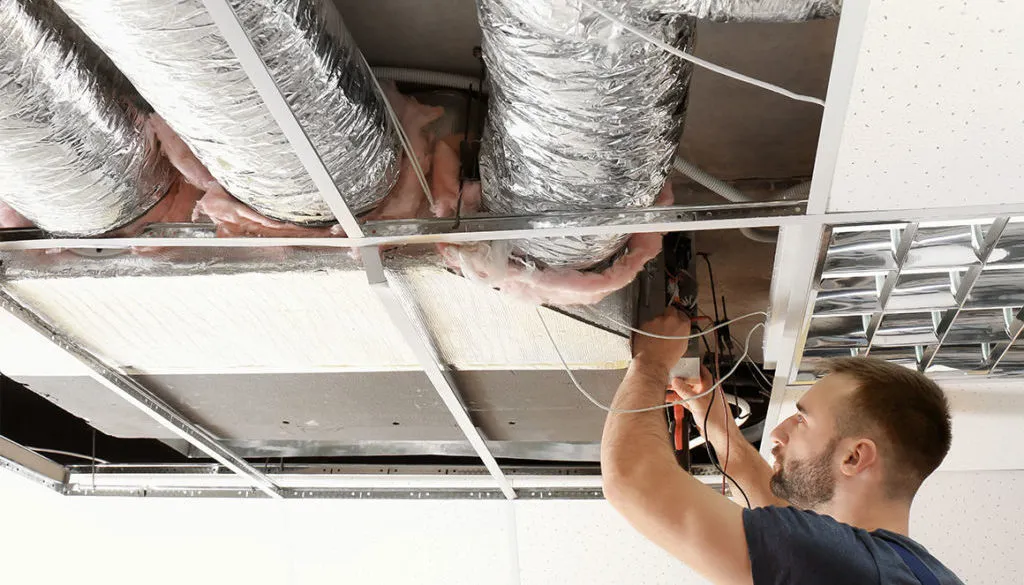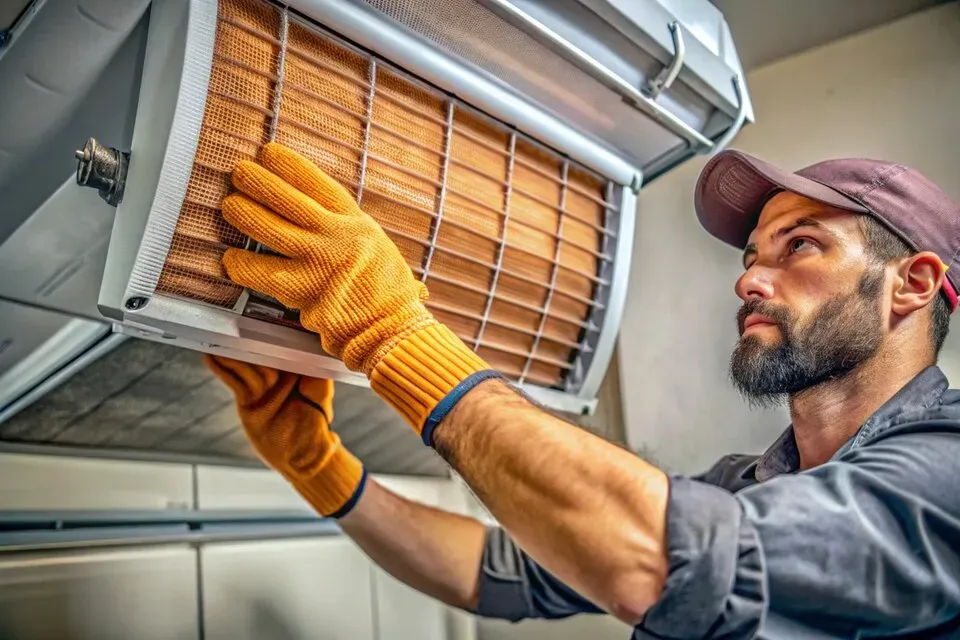
23 Jul
When it comes down to keeping a healthy home for the people moving in, homeowners neglect their HVAC system, particularly their ductwork. Unfortunately, however, the internet is full of air duct cleaning myths that either convince people to avoid or overinflate the procedure. Need to clear the fiction from the fact and establish the facts for this vital service.
In this article, we’ll bust the top 5 air duct cleaning myths, share real facts about duct cleaning, and explain the Atlanta duct service truths every homeowner should know.
Myth #1: Air Duct Cleaning Is Never Necessary
Fact: Air Duct Cleaning Is Essential in Many Cases
This myth makes most people overlook their ductwork until the time the problems start. Fact is that during the course of time, the air ducts will collect dust, allergies, mold, and even the faeces of pests. In such damp places as Atlanta, dampness may also cause growth of mold.
Atlanta duct service truths show that professional duct cleaning is essential when:
- You’ve completed a home renovation.
- You smell musty odors from vents.
- There’s visible mold or dust buildup.
- Someone in the house suffers from allergies or asthma.
Myth #2: If You Don’t See Dust, Your Ducts Are Clean
Fact: Most Contaminants Are Hidden
One of the largest components of the air duct cleaning myths is believing that when the vents look clean, then the ducts are clean. As a matter of fact, the worst pollutants such as bacteria, allergens, and dust mites are out of view and deeply hidden because they are in the inner corners of the duct system. Appearance is a deceptive parameter on which one should rely.
Myth #3: Air Duct Cleaning Can Damage Your System
Fact: Safe When Performed by Professionals
One of the more harmful air duct cleaning myths is that cleaning your ducts could damage the HVAC system. This only happens if unqualified or inexperienced contractors do the job. Certified professionals in Atlanta duct service use advanced equipment and follow NADCA (National Air Duct Cleaners Association) standards.
The real facts about duct cleaning are:
- Proper equipment is non-invasive and protective
- HEPA vacuums ensure nothing harmful enters the air
- Experts seal vents during cleaning for safety.
Myth #4: You Can Easily Clean Your Ducts Yourself
Fact: DIY Only Covers the Surface
Thinking a regular vacuum and some elbow grease is enough? Think again. DIY methods don’t clean the full duct system — they only remove surface dust near vent openings.
Professional cleaning tools include:
- High-pressure air whips
- Industrial-strength vacuums
- Rotating brushes for deep interior cleaning
Atlanta duct service truths confirm that only trained professionals have the equipment and expertise to do the job thoroughly.
Myth #5: Duct Cleaning Instantly Fixes All Air Quality Issues
Fact: It’s One Piece of the Puzzle
While cleaning your ducts can greatly improve indoor air quality, it’s not a cure-all. Other factors also play major roles, including:
- Dirty HVAC filters
- Poor ventilation
- High humidity
- Pet dander buildup
Facts about duct cleaning tell us it should be part of a larger indoor air quality strategy — not the only step.
Additional Atlanta Duct Service Truths
Being a homeowner in Atlanta, some of the environmental factors you have to take into consideration are unique:
- A lot of humidity causes the possibility of growing mold within ducts.
- Pollens and allergens are very prevalent during spring and summer.
- City homes have a greater potential of accumulating debris and dust at a faster pace than others.
That is why the Atlanta duct service providers will advise you to perform inspection after 3 to 5 years or even in case you sense such symptoms as smell, allergy or air movement.
Benefits of Professional Duct Cleaning
Here are real, evidence-based facts about duct cleaning that explain its importance:
✅ Improves HVAC efficiency
✅ Reduces allergens and asthma triggers
✅ Eliminates musty odors
✅ Prevents mold and mildew
✅ May reduce energy bills
Signs You Need Air Duct Cleaning
You may need to call in the pros if:
- You notice dust puffing out of vents when the system starts
- Your air smells stale or musty.
- Your allergies flare up indoors.
- You’ve recently completed construction or remodelling.
- There are pets in the home.
Ignoring these signs can lead to poor air quality and higher utility costs.
Choosing the Right Atlanta Duct Service
Here’s how to choose the best service in Atlanta:
- Ask for NADCA certification
- Check online reviews and testimonials
- Request a detailed quote.
- Make sure they use HEPA-filtered vacuum systems
- Avoid deals that sound “too good to be true”
Atlanta duct service truths tell us that quality service may cost a bit more, but it delivers long-term value and peace of mind.
Conclusion: Know the Facts, Ignore the Myths
It is really noisy out there about air duct cleaning myths, but the point is that it is simple: air duct cleaning is very necessary in keeping a healthy and energy-efficient home. Being acquainted with the facts of duct cleaning and being aware of the truth that is being told about
Atlanta duct services, you may be able to make wise and financial judgments that will benefit your whole family.
To schedule your appointment with the highest standard of care, visit Duct Care Experts on our website, where you can also explore more informative blogs.
FAQs
- What is the frequency of my air duct cleaning in Atlanta?
Normal is every 3-5 years. However, pay attention to it earlier if you see dust, aromas, and allergies.
- Is air duct cleaning by professionals worth its cost?
Yes. It enhances the energy efficiency, air quality and can minimise energy expenses.
- Are dirty ducts bad for health?
Yes. Ducted dust, mold and allergens may cause respiratory problems, particularly to children or elderly individuals.
- How much time does duct cleaning take?
This procedure in most houses consumes between 2- 4 hours, residential services.
- Why does Atlanta duct service stand out?
Atlanta is very humid, and the amount of pollen processed is high, which makes duct cleaning an essential element to indoor air quality.
